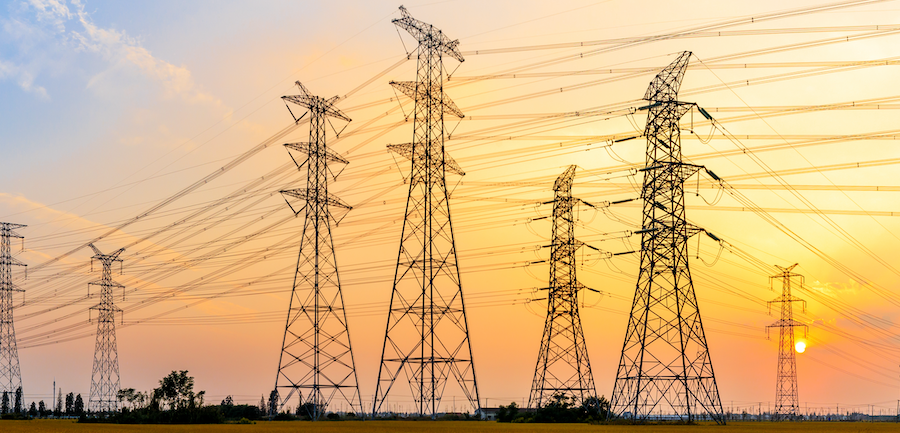What’s next for non-domestic smart meters?
The government has opened a consultation to shape what happens after the current non-domestic smart meter targets end on December 31st 2025.
Around 64% of business and public-sector premises already have a smart or advanced meter, but many smaller organisations still rely on traditional energy meters. The Department for Energy Security and Net Zero (DESNZ) wants to keep the rollout moving, maintain consumer protection, and ensure businesses continue to benefit from accurate data and smarter energy management.
In this article, we’ll tell you more about non-domestic smart metering and discuss what may be on the cards in 2026 and beyond. Let’s get started.
Why do we need a new framework?
Since 2021, annual supplier installation targets have helped drive strong progress across the non-domestic sector. Those targets end this year, and DESNZ wants to avoid a slowdown.
The consultation proposes a post-2025 framework that will:
- Maintain rising installation rates with a focus on smaller businesses and public-sector buildings
- Ensure businesses make the most of their data to save energy and costs
- Support the government’s 2030 clean power targets
DESNZ says the next phase should shift away from short-term targets toward a market-based framework that continues to hold suppliers accountable. It is designed to deliver steady growth, better customer experience and long-term confidence in smart technology.
How to boost business smart meter uptake
The consultation states that suppliers must continue taking all reasonable steps to install smart meters for all eligible non-domestic sites. To maintain oversight, suppliers would be required to prepare and submit annual deployment plans to Ofgem, covering the period from 2026 to 2033.
DESNZ identifies several ongoing barriers in the non-domestic market, particularly for small enterprises. However, many of these are problems with access and responsibility rather than an anti-smart meter attitude:
- Split landlord-tenant arrangements that blur responsibility
- Multi-occupancy premises with limited access to meters
- Concerns about downtime or disruption to trading hours
Suppliers are encouraged to develop practical ways to address these issues and communicate clearly about the benefits of smart data.
The consultation also underlines the need for better customer engagement. For example, suppliers must ensure that business users can access their energy-use information easily and free of charge through an app or online solution.
Another key proposal is around meter maintenance. Where a smart or advanced meter stops sending data and reverts to ‘traditional’ mode, suppliers must restore full smart functionality within 90 days of becoming aware of the issue.
Together, these measures are intended to ensure that nearly all smaller non-domestic sites have a working smart meter by the end of the decade.
Creating a smarter market
DESNZ recognises that smart meters are becoming central to how businesses buy and manage energy. More suppliers are now offering smart-contingent contracts, which link specific tariffs or services to smart capability.
The government wants to ensure that this shift benefits all customers. The consultation seeks views on how to maintain transparency and fairness, making sure no business is locked out of competitive deals simply because installation has not yet been possible.
It also addresses the technical side of long-term reliability. Suppliers will be required to proactively replace devices when mobile communication networks like 2G and 3G are retired, so meters can continue operating in full smart mode.
DESNZ also emphasises the importance of being able to switch suppliers without disruption to your smart meter service. The consultation outlines expectations for data standards and service quality to help maintain trust in the system.
Ultimately, this framework is about stability and resilience. The government wants a smart metering environment that gives businesses confidence in both technology and regulation.
Looking to the future
The non-domestic rollout has already delivered significant progress and clear benefits, but the job is far from complete. DESNZ’s consultation signals a deliberate shift towards a more mature phase: one focused on sustained adoption, consistent standards and better protection for all business customers.
Meter Corp supports that ambition. The company remains committed to helping suppliers and energy users manage data effectively and deliver reliable metering solutions through this transition period.
The forthcoming framework will define how the UK finishes the smart meter journey it began more than a decade ago. For businesses and public-sector organisations, it represents the move from one-off installation programmes to an ongoing, data-driven foundation for energy efficiency and net-zero progress. We look forward to its success.
